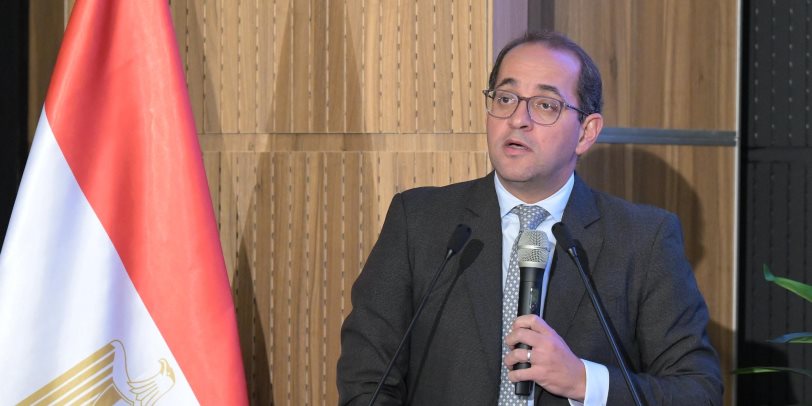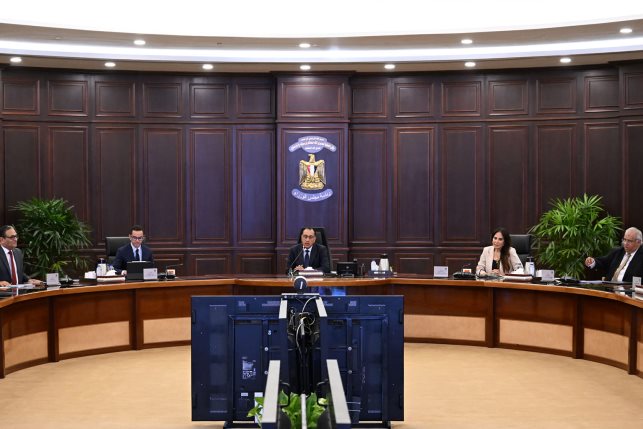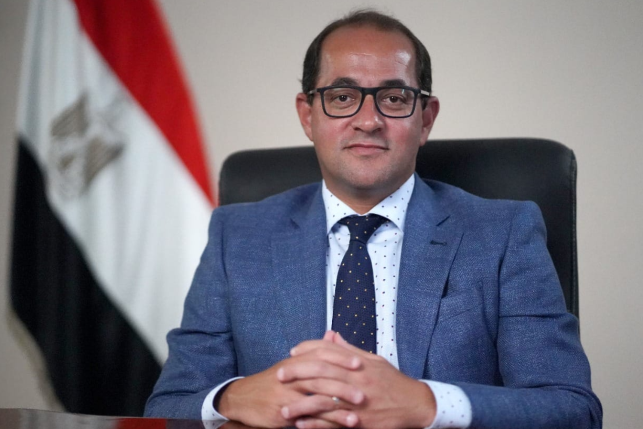Egypt's budget deficit shrinks to 2.1% of GDP in Q1 FY2024/2025
For the full fiscal year 2024/2025, Egypt is projecting a budget deficit of EGP 1.245 trillion, which represents 7.3% of the GDP.

Egypt's finance minister, Ahmed Kouchouk, announced this week that the country's budget deficit has improved to 2.1% of GDP in the first quarter (Q1) of fiscal year 2024/2025, down from 3.2% during the same period last year. The announcement, made during a plenary session in the House of Representatives, marked the completion of Kouchouk’s first 100 days in office.
For the full fiscal year 2024/2025, Egypt is projecting a budget deficit of EGP 1.245 trillion, which represents 7.3% of the GDP.
Kouchouk also reported a significant increase in public revenues, which grew by nearly 40% from July to September 2024. This surge was largely driven by a 45% year-on-year growth in tax revenues, marking the highest growth rate in over 20 years. Notably, this growth occurred without any additional tax burdens being imposed on citizens or businesses.
The country also achieved a primary surplus of EGP 90 billion in Q1 of FY2024/2025, a sharp increase compared to the same period last year. Despite this positive outcome, revenues from the Suez Canal fell by 60%, which the government has been working to mitigate through broader fiscal and economic reforms.
Minister Kouchouk highlighted the government's focus on supporting social welfare initiatives, noting that the government delivered natural gas to 1.2 million housing units and provided 330,000 social housing units for low-income families. Furthermore, the government increased cash assistance for the Takaful and Karama social safety net program to EGP 9.6 billion.
Spending on subsidies also saw a rise in Q1, with food subsidies increasing by 42.9% to EGP 26.1 billion, and overall spending on social benefits reaching EGP 133 billion, a 39.8% year-on-year increase.
The government has also ramped up investments in key sectors like education and healthcare. Education spending grew by 28.4%, reaching EGP 77.5 billion compared to EGP 60.4 billion in the same period last year. Healthcare spending surged by 33%, totaling EGP 46.5 billion, up from EGP 34.9 billion in Q1 of FY2023/2024.
Regarding public debt, Kouchouk noted that Egypt has made significant progress in managing its fiscal position. The country’s debt-to-GDP ratio decreased from 96% in June 2023 to 89.6% in June 2024. The government aims to reduce this ratio further to 85% by the end of FY2024/2025.
As part of its $8 billion loan agreement with the International Monetary Fund, Egypt has set a long-term goal of reducing its gross debt-to-GDP ratio to around 83% by FY2026/2027. In addition, the country has successfully reduced external debt for budgetary sectors by more than EGP 3 billion over the past year, with further reductions planned for FY2024/2025.





